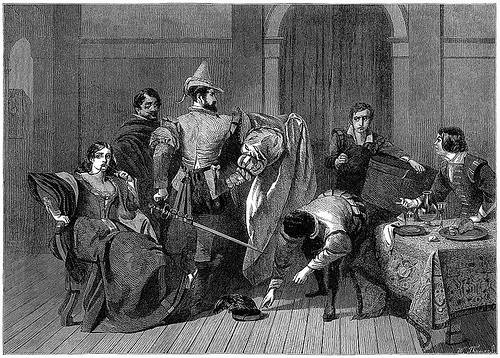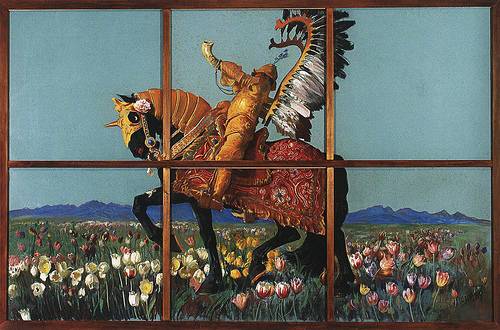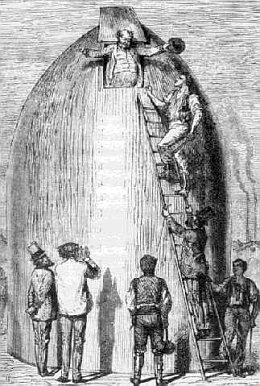
Samuel Pepys’ opinions of Shakespeare’s plays, from his diary:
- A Midsummer Night’s Dream: “I had never seen [it] before, nor shall ever again, for it is the most insipid, ridiculous play that ever I saw in my life.”
- The Taming of the Shrew: “It hath some very good pieces in it, but generally is but a mean play.”
- Romeo and Juliet: “It is a play of itself the worst that ever I heard.”
- The Merry Wives of Windsor: “The humours of the country gentleman and the French doctor very well done, but the rest but very poorly, and Sir J. Falstaffe as bad as any.”
- Henry IV, Part 1: “It did not please me.”
- The Two Noble Kinsmen: “No excellent piece.”
- Twelfth Night: “One of the weakest plays that ever I saw on the stage.”
“August 20th, 1666. To Deptford by water, reading Othello, Moor of Venice, which I ever heretofore esteemed a mighty good play; but … it seems a mean thing.”


